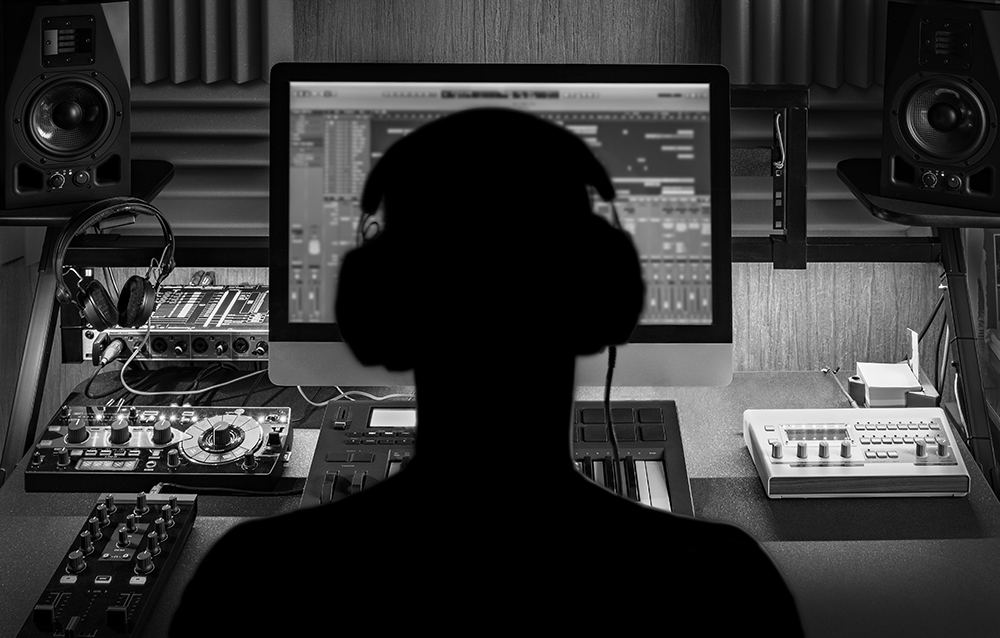OUR EXPERTISE
Copyright Protection
OUR EXPERTISE
Copyright Protection
We can assist and advise in complex areas of Copyright Law and related rights disputes.
Copyright allows you to protect the creative elements that make your business unique. Without copyright protection, you could lose out on business and revenue, and potentially damage your most important asset – your brand’s reputation.
Level Up Legal can help you to defend and protect your intellectual property in Australia and internationally.
Why Choose Level Up Legal
-
We are fast, effective, and affordable.
- We offer top tier experience at affordable startups rates.
- We are experts in our field.
-
We provide clear commercial advice without the legal jargon.
What Is Copyright?
Copyright is a type of intellectual property that gives you several exclusive legal rights to use, publish and commercialise the work you have created. This covers books, photographs, songs, computer programs, written articles, paintings and more. Copyright also prevents anyone else from doing these things without your permission.


Protecting Your Copyright
Level Up Legal can assist you in enforcing and protecting your copyright on and offline. If you are concerned that someone has copied your work or have been accused of the same, we can advise you of your options and best strategy moving forward.
We can also help you put in place a robust Intellectual Property protection strategy to minimise the chance of anyone copying your work in future.
Level Up Legal Copyright Services
We can assist you with the following:
- Determining and advising whether someone is infringing your copyright.
- Sending or responding to a cease and desist letter on your behalf.
- Issuing a take-down notice to an ISP.
- Submitting a copyright infringement complaint to Facebook, Instagram or other online platforms.
- Filing a Notice with Customs to prevent infringing works from being imported.
- Commencing legal action in the Federal Court to prevent copyright infringement and claim appropriate damages and legal costs.
- Drafting commercial agreements including Terms of Use for websites, licence or assignment agreements.
- Obtaining copyright permissions.

YOUR FAQs
Got A Question About Copyright Law?
Here are some common questions our past clients have had about copyright to help you get started.
What is Copyright?
What is a Cease and Desist Letter?
A cease and desist letter is sent by your copyright lawyer to the alleged copycat. It does the following:
- Demands that the infringer stops their unauthorised use of your copyright material.
- Specifies a date by which to do so.
- Warns them they risk extensive legal action.
- Outlines what action the copyright owner requires the infringer to take (e.g. stop selling, destroy all copies).
Should I Contact Someone Who Has Copied My Work?
Want to contact the copycat? Better not. Sending a "letter of demand" without understanding your fundamental rights is a bad idea because it may give the copycat an excuse to ignore your legitimate claims.
In addition, there are legal ramifications in Australia if you send a letter that incorrectly accuses someone of copyright infringement. Also, if you send legal letters with inaccuracies, the copycat is unlikely to stop copying your work.
What If the Copycat Is Located Overseas?
Copyright, unlike trade marks, provides international protection too. However, taking legal action overseas can be extremely costly and complex, making it impractical for most businesses. Level Up Legal can assist you in enforcing your Intellectual Property rights, even when the perpetrator is overseas, in several ways.
We can send the offender a cease and desist letter. If they ignore that, one of the most effective ways to deal with online infringement by an overseas party is to notify any relevant e-commerce website or social media platform that one of their members is infringing your copyright. Most online platforms have an intellectual property policy that allows them to take down content that is infringing a third party's rights.
The Copyright Act 1968 also allows an Australian party whose rights are being violated to apply to the Federal Court of Australia for an Order that a carriage service provider blocks access to a foreign website with the primary purpose or effect of infringing copyright. You can also contact the Australian Border Force and file a Notice of Objection with them. This gives them the right to seize goods coming into Australia that infringe on your copyright.
How Can I Protect My Copyright?
What Should I Do If Someone Copies My Work?
If someone uses your work, for example, by selling copies of your artwork online, or uses a substantial part of your work without your permission, you have rights. You can take legal action against them to prevent further infringement and, in some cases, to obtain compensation.
Before you do so, you should take legal advice to be sure your copyright has been infringed. If so, the first step you should take is to have a lawyer send a cease and desist letter. Often a party that copies your work does not know that what they are doing is unlawful and will stop when they receive an adequately constructed legal letter that sets out your rights and the implications of their conduct. If not, you may decide that legal action is the next step.
Can I Use Someone Else’s Work I Found Online?
What Legal Remedies Are Available If I Go to Court?
If someone infringes your copyright, you have the right to commence legal action in court, and you may be entitled to several remedies. Firstly, the most critical order you will want to get is an injunction that stops the infringer from continuing to copy your work. You may also ask for an order that the infringer delivers to you any infringing copies that they still have in their possession.
If you have lost business or otherwise suffered financial harm, you can ask for damages from the infringer, often the amount you would have been able to charge for using your work, for example, through a licensing fee. If the infringement is particularly "flagrant", you can also ask for additional damages. As an alternative to damages, you can ask the court to order the infringer to pay you any profits they have made from using your work.
Can Copyright Protect My Confidential Business Ideas?
BOOK A NO-COMMIT 15-MINUTE CALL
In your free phone consultation, we’ll listen to your questions and concerns, discuss your options and suggest the next steps.


